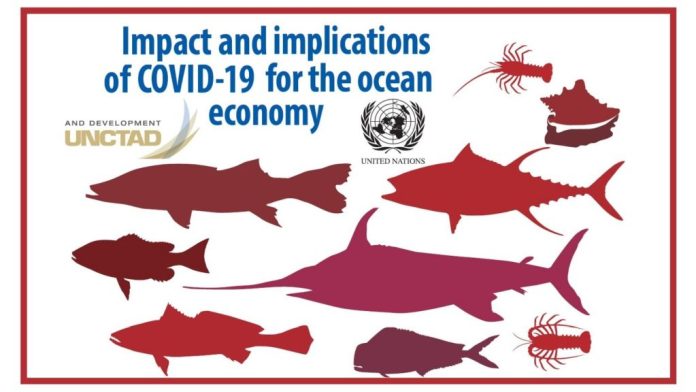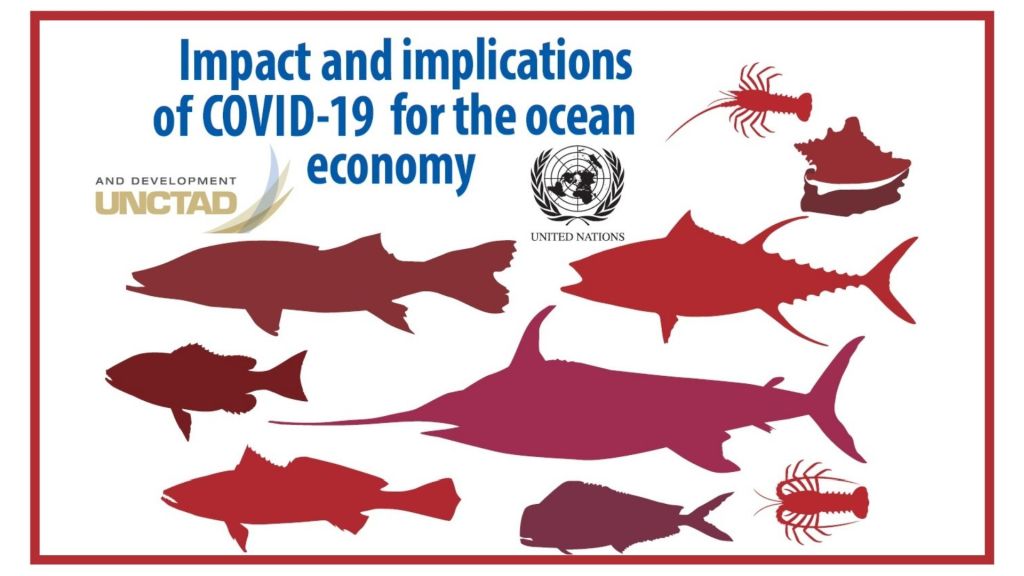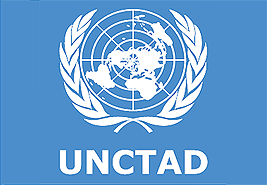
(www.MaritimeCyprus.com) Since March 2020, the world has experienced an unprecedented tragedy during which COVID-19 has changed the lives of people worldwide in unimaginable ways. In order to prevent the entry and spread of COVID-19 in their territories, governments declared states of emergency, closed borders, confined citizens to their homes and shut down most economic and social activities, with the exception of essential ones required to supply food, medicines, energy, water and other basic goods and services. This caused devastating social and economic damage worldwide, with the most vulnerable people and economies being hit hardest. Years of hard-won development progress have been reversed.
To deal with the devastating impacts of the pandemic and to prepare for a post-COVID-19 world, unprecedented recovery and stimulus packages have been adopted and implemented, with funding from governments, international development or financial institutions and donors. A high degree of uncertainty remains, however, as vaccine supply chains experience disruptions and new virus mutations or strains are identified.
This study looks at the impact of COVID-19 on key ocean economy sectors and their governance, with a specific focus on three countries: Barbados, Belize and Costa Rica. It analyses the impacts of COVID-19, the measures undertaken, the lessons learned and future opportunities.
The study is divided into three parts:
- The general introduction, which addresses the context, objectives and methodology of the study.
- An overview of the impacts and implications of COVID-19 on the global ocean economy.
- The impacts and implications of COVID-19 in the form of three case studies respectively for Barbados, Belize and Costa Rica.
Objectives of the study
Since 2018, UNCTAD and DOALOS have executed the OETS project in Barbados, Belize and Costa Rica. The ocean economy sectors and selected fish value chains of the three countries have been severely impacted since the start of the COVID-19 pandemic.
In recognition of these challenges, the OETS project commissioned this study to assist the three beneficiary States in assessing the economic, social and environmental impacts of the COVID-19 pandemic on the selected OETS value chains, the measures adopted, their efficiency and opportunities, and to propose policy and regulatory recommendations to support the rebuilding and improvement of those value chains and their development.
For more information, click on below image to download the full study from UNCTAD:
Source: UNCTAD















